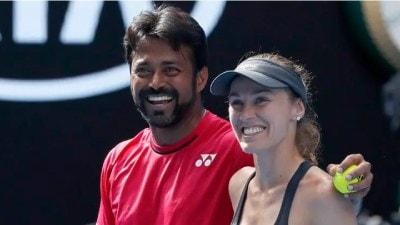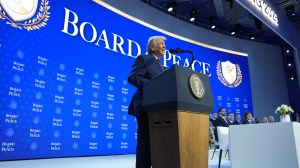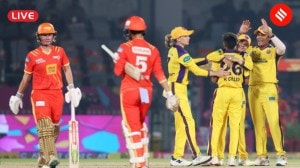Yellow vs Red
Thailands capacity to settle the argument democratically will be tested
Calling an election ahead of schedule is always risky,and by all accounts many of Thai Prime Minister Abhisit Vejjajivas royalist backers are not quite convinced that hes done the right thing. Its not entirely another matter that they believe Thailand would be better off with an extended spell without even scheduled polls and in their extreme views they frame the political crisis thats settled over the country these past few years. Ever since Thaksin Shinawatra was removed as PM in a military coup in 2006,the tussle between his supporters and their opponents has acquired geographic and class dimensions. Its a measure of the severity of the crisis that its still far from clear whether the general election likely to be held by early July will resolve this rupture in Thai society.
Vejjajiva came to power in 2008 after extended sit-ins in Bangkok by royalist supporters,believed to be backed by the Bangkok elite and the military,and called the Yellow Shirts because of their identifying gear,resulted in the removal from office of Thaksin proteges. Thaksin,mired in corruption cases,has lived outside Thailand since the coup. Last year,Thaksin supporters Red Shirts took over Bangkoks streets demanding an election. They are mainly drawn from the north and rural areas,and were won over by his healthcare and credit programmes. In protests like last years,which disrupted normal life in Bangkok and provoked an armed crackdown,they argue the majority their leaders get at election-time is blunted by manoeuvres,believed to be with the assent of the military and the palace.
In the 1990s,Thailand was a shining example of an emerging economy that had embraced democracy and the coming elections will test its capacity to settle the issue peacefully and avert further street battles.
- 01
- 02
- 03
- 04
- 05































